Calls for Ukraine
Calls for Europe
Calls for USA
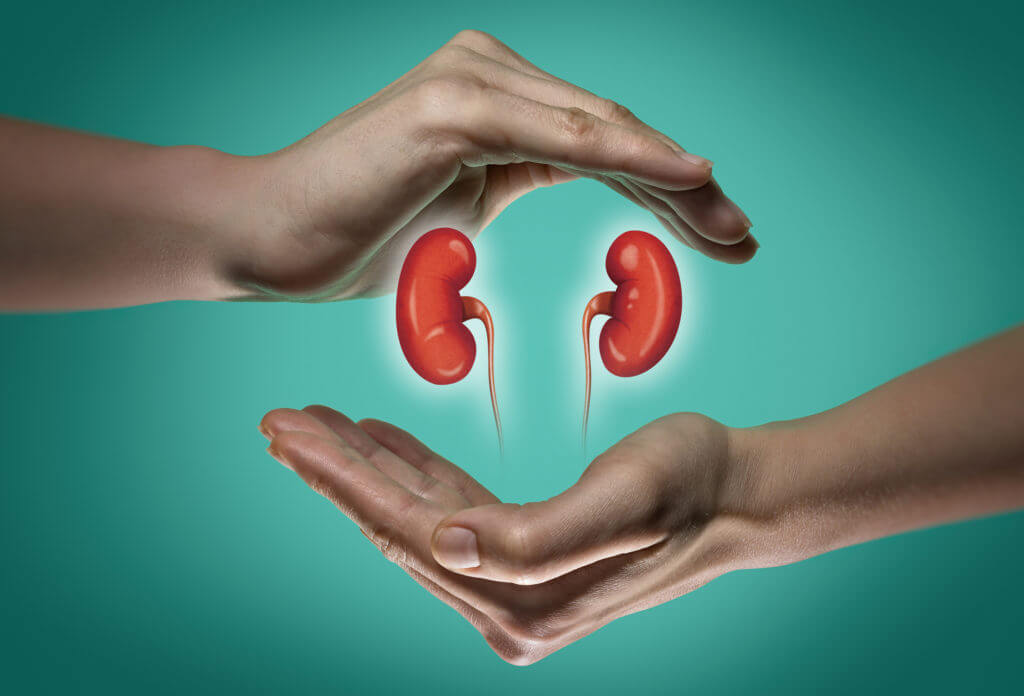
In Ukraine, the field of transplantology began to develop only recently. Organ transplantation in our country has become possible since 2019, when a law was passed allowing such operations. In the same year, 78 transplants were performed, and in 2020 there are already 129. In 2021, Ukrainian surgeons performed a record 313 organ transplants. Of these, 229 kidney transplants. According to the Ministry of Health, half as many patients were sent abroad this year because they were able to receive this type of medical care at home.
According to the emerging trend, the number of organ transplants should have been actively growing, but the war intervened. Due to the Russian invasion, organ transplantation in Ukraine has slowed down significantly, especially in areas where active hostilities took place. Meanwhile, the need for such operations in the country remained high. Therefore, Ukrainians have to travel abroad to receive the necessary medical care. One of the most important directions in this respect is Turkey.
Over the 30 years of independence, 2.5 thousand organ transplants have been performed in Ukraine, with a need of 5 thousand per year. By comparison, only 33,028 kidney transplants were performed in Turkey from 2008 to 2020.
The annual number of transplant surgeries in Turkey is steadily increasing. As of 2021, there were 78 kidney transplant programs and 6 pancreas transplant programs in the country. The impetus for the active development of this area was a major change in the rules of transplantation:
The combination of these measures has made Turkey an international center for kidney transplant medical tourism.
In recent years, the number of medical tourists coming to Turkey to receive transplants has increased dramatically. The quality of medical care in Turkish clinics was highly appreciated by patients from various countries, including the USA, Great Britain, France and Germany.
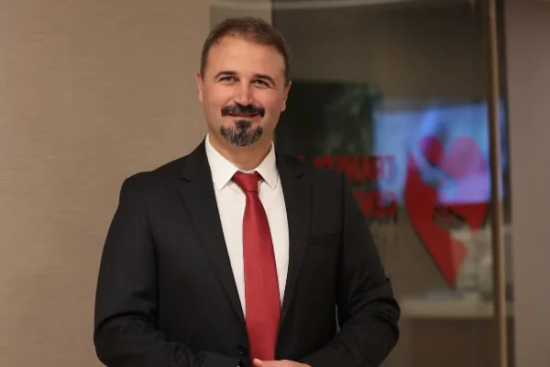
The head of the University hospital Liv Istinye Organ Transplant Center, Ayhan Dinckan, who has performed more than 5,000 kidney transplants in his career, said there are two reasons why patients from abroad prefer Turkey. The first is that the prices for organ transplants here are 4 times cheaper than in countries that we call developed.
The second is the high quality of medical care. Turkey ranks second in the world in liver transplants and one of the leaders in kidney transplants. The success rate of operations is very high. In addition, Turkish doctors continue to serve patients even after they return to their homeland. They liaise with physicians, adjust drug therapy, and closely monitor any changes in health status. That is why foreign medical tourists prefer Turkish clinics.

The University hospital Liv Istinye Organ Transplant Center provides quality medical services to patients in need of organ transplantation. It accepts both residents of the country and medical tourists from different countries. Liv Istinye is a clinic that prides itself on high standards of patient care, experienced staff and cutting-edge medical capabilities.
Kidney transplant at Liv Istinye is performed on patients of all age groups, including children and the elderly. Operations are performed by experienced transplant surgeons, and the recovery of patients takes place in separate wards of the intensive care unit.
During his work at the hospital Liv Istinye, more than 5,000 successful kidney transplants have been performed. The annual kidney transplant survival rate is 96%. Not all clinics in the US and Europe can boast of such indicators. Due to the fact that the doctors of the University hospital Liv Istinye continue to monitor patients after transplantation, the life expectancy of a transplanted organ is very high: more than 75% of recipients do not need a second transplant 10 years after the operation.
More recently, operations to remove a kidney from a donor were performed using the standard open method through a 25-cm incision. It was a complex surgical procedure, associated with a high risk of side effects and requiring a long recovery process. Now it has been replaced by minimally invasive laparoscopic surgery.
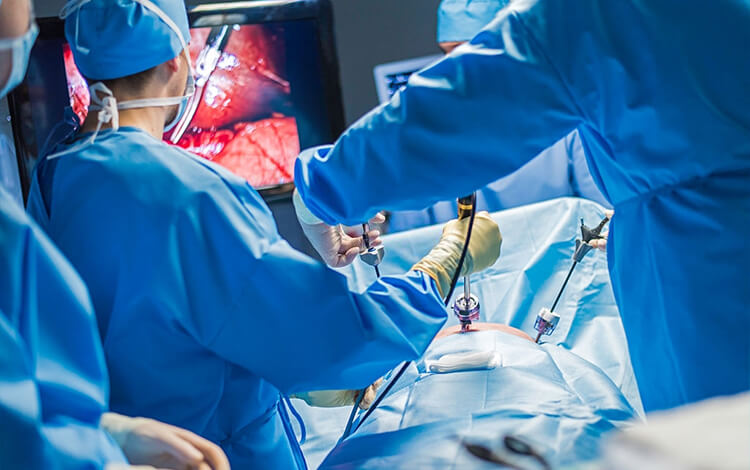
A kidney transplant in Turkey at the Liv Istinye hospital involves the removal of a donor organ through 3 small punctures. This approach reduces the chance of wound infection, leaves no visible scars, and is associated with a less difficult and painful recovery process. Donors operated on laparoscopically can be discharged the next day after surgery and return to normal life after 3-4 days. Studies conducted in the US have shown that minimally invasive donor surgery has increased the number of people willing to donate a kidney by 20-25%.
It often happens that a patient finds a donor who agrees to donate a kidney, but the operation is not possible due to incompatibility. Finding a suitable donor can take several years. Not all people with end-stage renal disease have this time. The Liv Istinye Turkish hospital helps to cope with this problem and gives hope for a cure, thanks to the cross-kidney transplantation program.
To better understand how transplantation occurs, imagine that there are two incompatible pairs of donor 1/recipient 1 and donor 2/recipient 2. In a cross transplant:
This approach allows two incompatible recipients to receive a matching kidney.
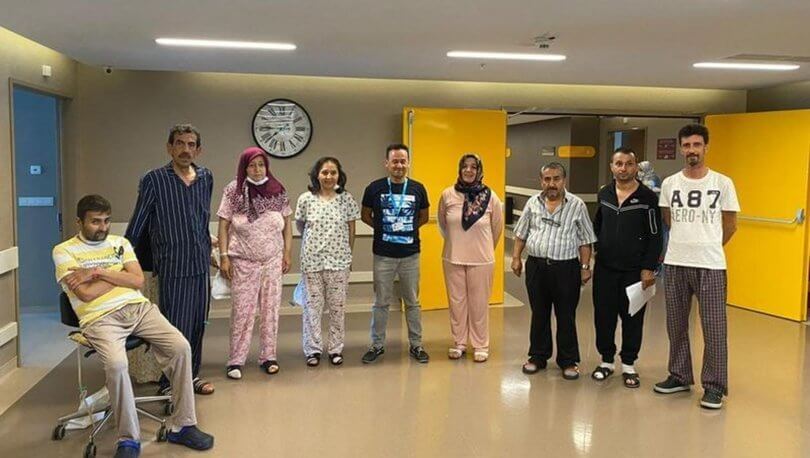
Ayhan Dinckan, head of the Liv Istinye Organ Transplant Center, spoke about the recent cross-transplantation of kidneys in 4 donor/recipient pairs in Turkey. This means that 8 patients were operated on at the same time. The doctor noted that the donors were discharged on the third day after the operation, and the recipients on the fifth. Cross-transplantation helped 4 patients at once to get rid of dialysis and return to a healthy life.
Today, transplant operations are becoming available to an increasing number of patients. Even 10 years ago, a kidney transplant was not possible for children weighing less than 10 kg. The child needed to gain weight, which was not always possible due to health problems. Little patients and their parents fell into a vicious circle.
At present, thanks to the development of surgical techniques and the successful management of patients in the early period after transplantation, doctors at the Liv Istinye hospital can transplant a kidney to children weighing 4-5 kg, regardless of age.
Age restrictions also existed for elderly patients: after 65 years, transplantation was impossible. Today, the main criterion for selecting candidates for surgery is not age, but the state of health. If a person does not have problems with the heart and lungs, he can count on a transplant. At the Liv Istinye clinic, doctors transplanted a kidney to an 87-year-old patient.
Until recently, organ transplants were only possible between people with the same blood type. An organ transplanted from a person with a different blood type is regarded by the recipient’s body as foreign and is rejected. It was possible to solve this problem with the help of such a technique as plasmapheresis.
Plasmapheresis is a blood filtration procedure that removes potentially harmful antibodies from the blood. These are proteins that are part of the body’s natural defense system. Antibodies to blood proteins can lead to rejection of a transplant that is incompatible with the blood type. In severe cases, this leads to kidney transplant failure.
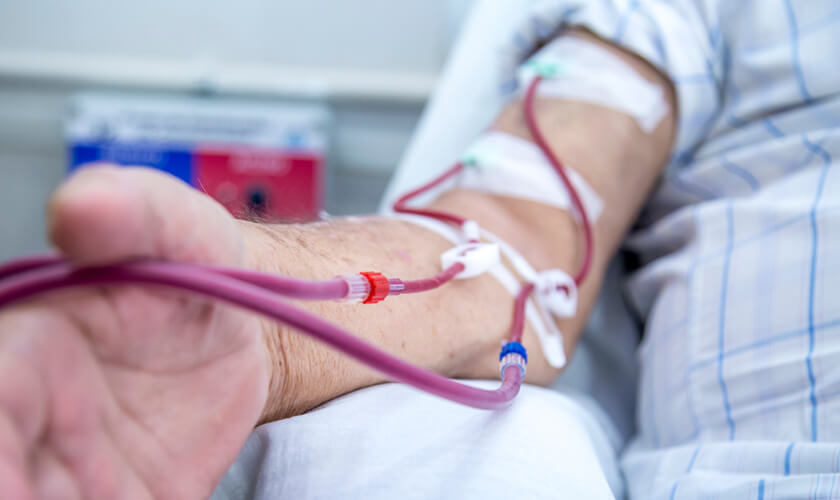
Plasmapheresis before a transplant operation allows to remove antibodies from the recipient’s body that can attack the donor kidney. After transplantation, the patient also undergoes several plasmapheresis procedures. The patient will then take the same immunosuppressive drugs as people who receive a kidney from a donor with a compatible blood type.
MedTour company has long and fruitful cooperation with University hospital LIV Istinye. We provide comprehensive assistance to patients in need of a kidney transplant. Our coordinating doctors will contact the representatives of the clinic, give them all the necessary medical information, and help them find the right doctor. In addition, we will help organize a trip, book accommodation and solve any problems that may arise. MedTour does not charge for its services. The patient pays for the operation directly at the clinic’s cash desk.
To learn more about the possibility of kidney transplantation at the Liv Istinye Turkish clinic, fill out the online form or call the phone number listed on the website. Our medical coordinators will contact you shortly and provide all the necessary information.
Sources of: livhospital.comen ayhandinckan.com kidney360.asnjournals.org
Please rate the work of MedTour
